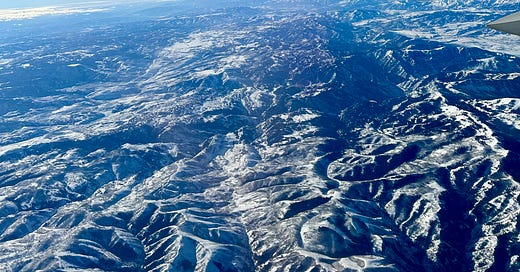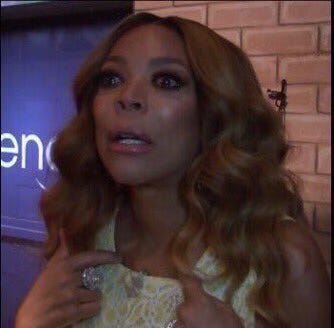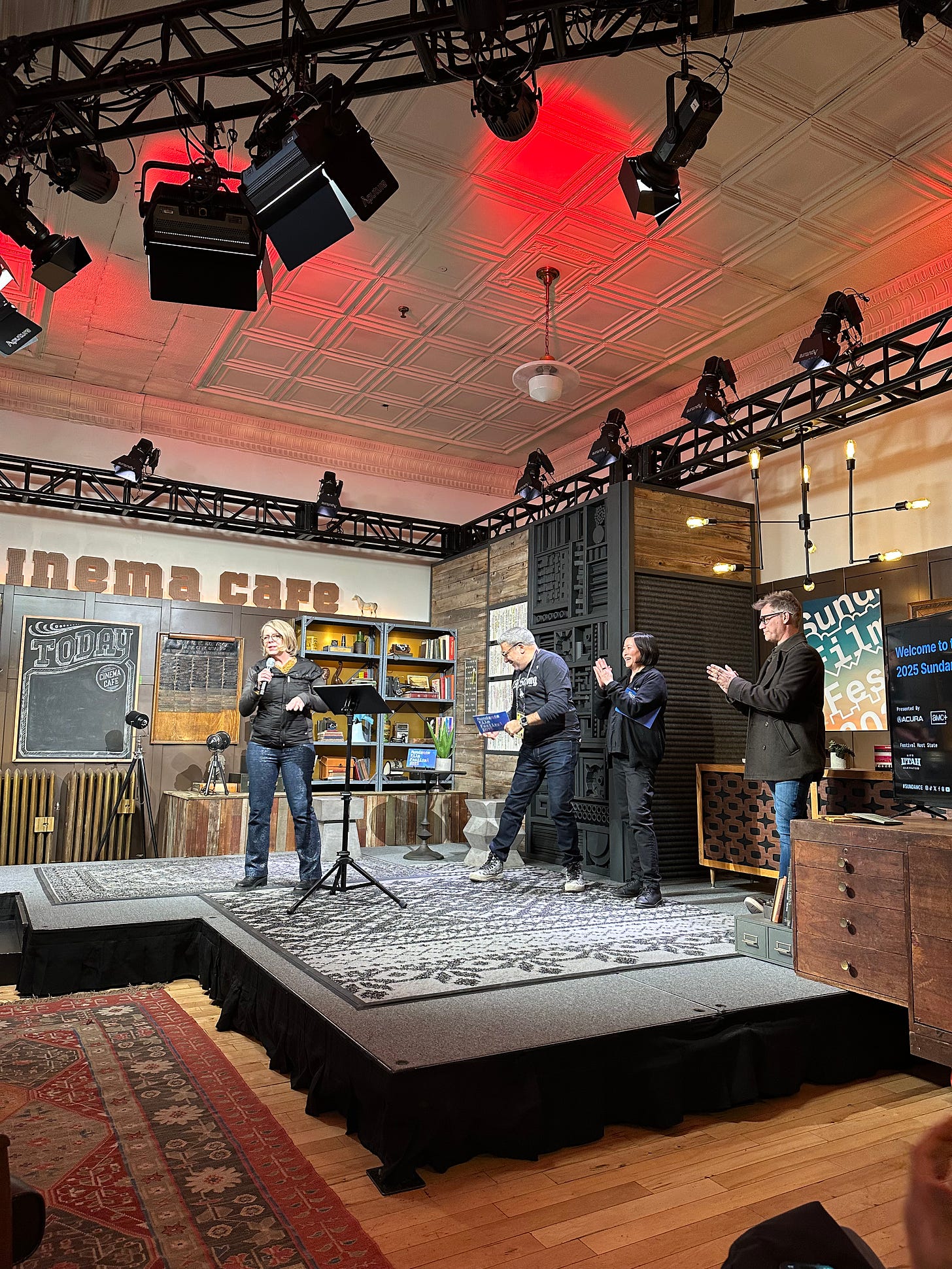It’s my second year (!!) being invited to be part of the Press Inclusion Initiative to cover the Sundance Film Festival and it’s been a TIME. I feel so much more settled and at ease this time around. When you’re new to the festival (or film festivals in general), it is *overwhelming*. I was overambitious in how many films I thought I’d be able to screen. I wanted to cover every press line, attend every single premiere, go to every panel, secure all the interviews, and churn out reviews within 24 hours. If you listen closely enough, you can almost hear Alanis Morissette in my ear softly singing, “you live, you learn…”
Anyway! THIS year, I’ve set far more realistic goals and have given myself permission to take my time. I’m seeing great films, meeting amazing people, attending inspiring talks, and learning so much. It feels good to see a lot of familiar faces and have them remember me, too! It’s always a trip to have people that I admire come up to me and say, “Hey Gloria!” Like, wait. You remember me?! Wild.
The night before the madness, I attended the press welcome reception (a new installment in lieu of the usual Day 1 Sundance Scoop press conference). Accompanied by some light bites and drinks, it was a nice moment to meet fellow PII cohort members and other members of the press, industry folks, and Sundance employees. Many a Sundance story was exchanged, people chatted about what they were looking forward to screening, favourites from previous years, and of course, whispered guesses of where Sundance is going next.
“Everyone - producers, filmmakers, production designers, writers, and lovers of film - leaves this festival different people.” — Amanda Kelso, Acting CEO
Remarks were delivered by Amanda Kelso, Acting CEO, Eugene Hernandez, Director of the Sundance Film Festival & Head of Public Programming, Kim Yutani, Director of Programming, and John Neil, Senior Programmer & Director of Strategic Initiatives. They shared their excitement for this year’s slate of features, shorts, documentaries, and episodic entries, especially set against the landscape of the world’s events. With the climate crisis creeping towards all of us, with state-sanctioned violence bearing down on all of us, with gaslighting, misinformation and disinformation at an all-time high, and literacy at an all-time low, the question at the forefront should be—what does it mean to be an artist right now?
Toni Cade Bambara’s words have been ringing loudly in my ears while here at this festival:
“As a culture worker who belongs to an oppressed people my job is to make revolution irresistible.”
My therapist asked me a great question during our session this morning. She asked me what I see my role as being as we work towards liberative community. The word "mother” immediately came up for me. Mothering is how I contribute. I think of my son and the world I am responsible for building for him. I see so many of my peers reaching towards something, reaching towards that world—reaching for each other. I want to use my energy, my care, my work to reach towards that world. When I speak with filmmakers at the festival, I can hear the reaching in their voices. They want their art to extend past this current moment, they want it to not just exist as a noun but to live as a verb. Art should activate - your senses, your spirit, your energies; it should push you towards the things you are reaching towards.
It is my hope that what I make will fortify what I have made. I want my son to rest in the work that I have done and to have all the tools that he needs to continue that work on his own.
I hope that Sundance can continue to be a place where artists come to activate, reach, and find their tools.
This post is part of my coverage of the 2025 Sundance Film Festival.








So glad you were able to attend for a second year, Gloria. I love your recaps.